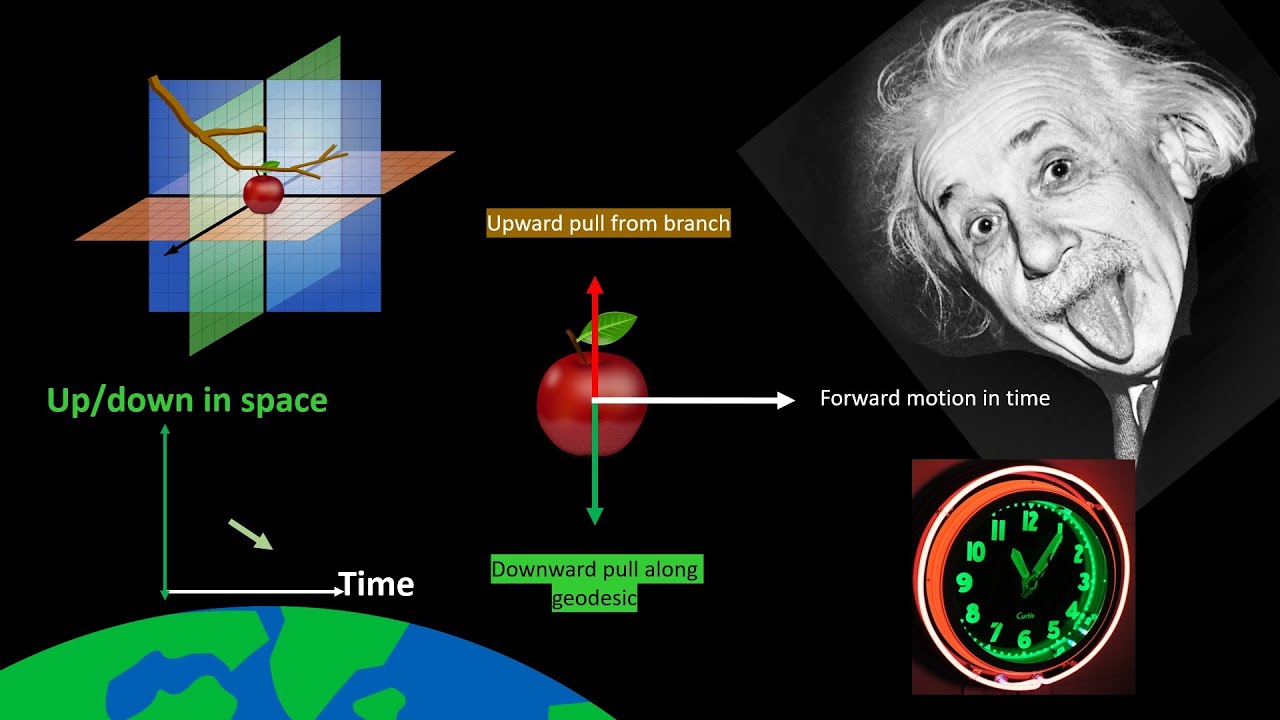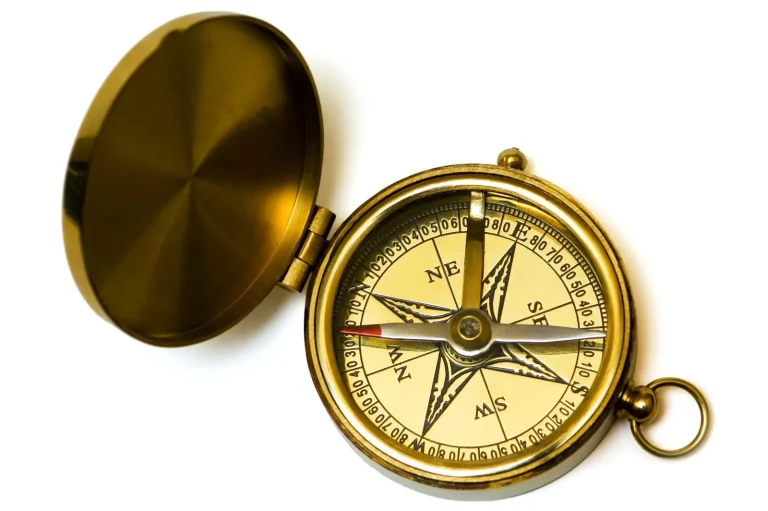
Time dilation, a concept rooted in Einstein’s theory of relativity, reveals that time isn’t as absolute as once thought. From my experience studying physics, I recall the astonishment of learning that time can stretch or contract depending on relative motion and gravitational fields. This means that astronauts traveling at speeds approaching light would age more slowly than those remaining on Earth. Such counterintuitive ideas challenge our everyday perceptions and have profound implications for space travel and our understanding of the universe.
Experts in the field have conducted experiments confirming time dilation’s reality. For instance, precise atomic clocks placed on fast-moving jets have shown measurable differences compared to stationary ones, aligning with Einstein’s predictions. This phenomenon isn’t just theoretical; it’s essential for technologies like GPS, which must account for time dilation to provide accurate positioning data. Without these corrections, GPS errors would accumulate rapidly, leading to significant inaccuracies.
The trustworthiness of time dilation is further reinforced by its consistent validation through rigorous scientific methods. Particle accelerators, like those at CERN, observe particles decaying slower when moving at speeds close to light, a direct consequence of time dilation. These observations not only bolster our confidence in relativity but also open doors to new technologies and deeper cosmic insights. As we venture further into space and push the boundaries of physics, understanding time dilation remains crucial in our quest to unravel the universe’s mysteries.






